Keir Starmer and the 2011 London riots: the lessons for today's unrest
PM's 'brutal' response 13 years ago when director of public prosecutions sent a 'very powerful message'
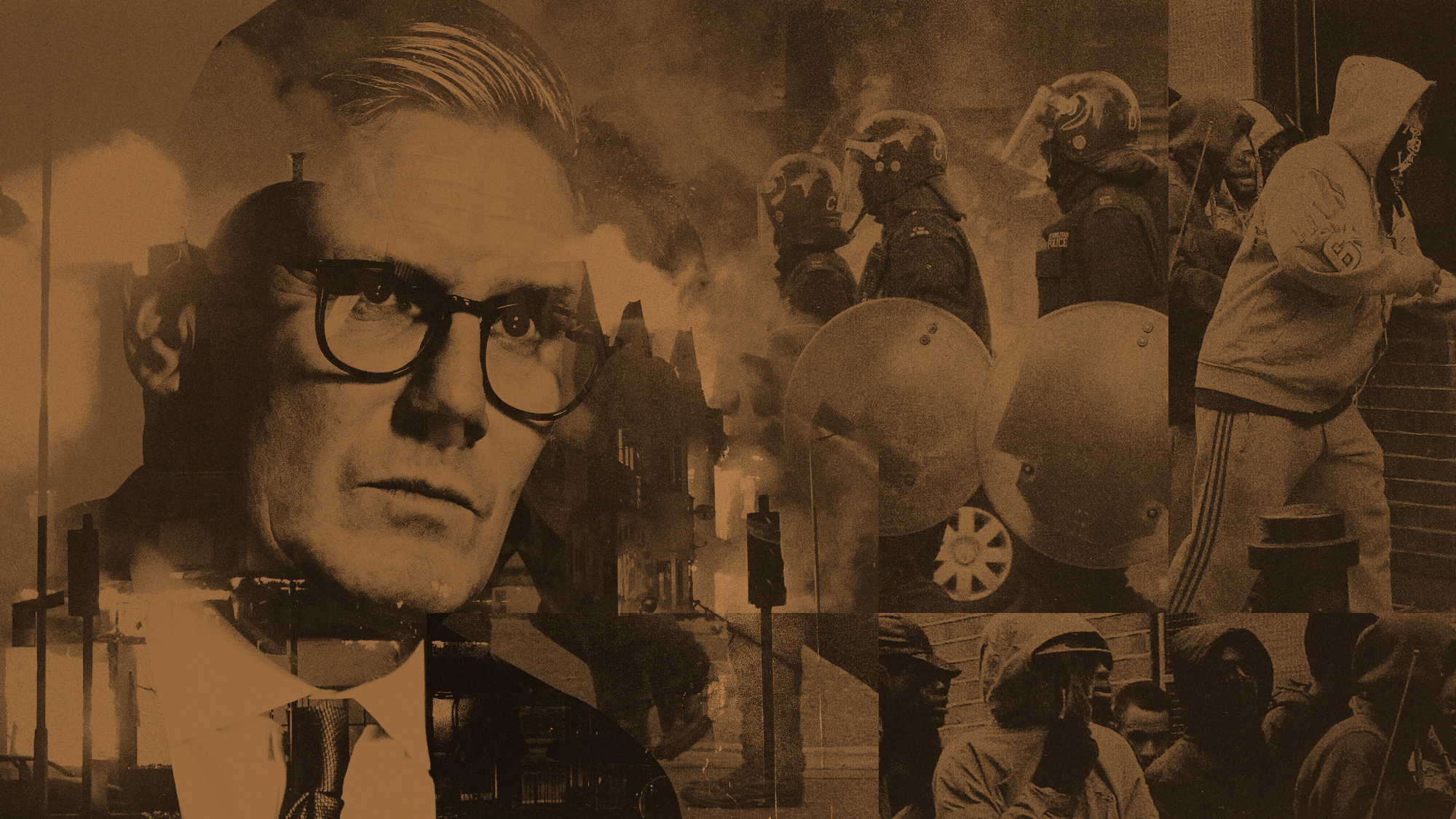
A free daily email with the biggest news stories of the day – and the best features from TheWeek.com
You are now subscribed
Your newsletter sign-up was successful
Keir Starmer has ordered a new "standing army" of specialist police officers to be set up to tackle the far-right riots that have broken out across the UK and warned those taking part that they would "regret" their involvement.
The prime minister's "law and order response" to the violence that began in Southport "should not surprise anyone", said the i news site, because he had previously been a "key part of the justice system" that dealt with the 2011 riots in England.
What happened in 2011?
The death of Mark Duggan sparked riots across the country in August 2011 after he was shot dead by police who believed he was carrying a gun and posed a threat. For five nights, London was "engulfed by fire and violence", said the BBC, and by the end of the rioting five people had died.
The Week
Escape your echo chamber. Get the facts behind the news, plus analysis from multiple perspectives.

Sign up for The Week's Free Newsletters
From our morning news briefing to a weekly Good News Newsletter, get the best of The Week delivered directly to your inbox.
From our morning news briefing to a weekly Good News Newsletter, get the best of The Week delivered directly to your inbox.
Starmer is "an expert" on the current challenge because he was director of public prosecutions during the 2011 unrest, said Adam Boulton on Sky News. He kept the courts open 24/7 to process offenders by triggering the "additional courts protocol". Starmer said afterwards that the speed of processing cases "may have played some small part in bringing the situation back under control".
What were his tactics?
Starmer explained that he didn't think people "gamble on the length of sentence" that they might face, but on whether they will be caught and sent to prison. "And if the answer is: 'I'm now watching on the television some other people who had been caught 24 hours or 48 hours after they were on the streets with us' – I think that's a very powerful message."
But he allowed magistrates to hand down harsher punishments and "many will remember the tough sentences" of 13 years ago, said i news, including a four-year sentence for two men who used Facebook to incite disorder, and a man who was handed six months in prison for stealing £3.50 worth of water.
There was a "relaxing of the thresholds to determine whether to press charges, and a push for longer jail sentences", said The Times. More than 3,000 arrests were made and almost 2,000 people were charged with offences related to the riots.
A free daily email with the biggest news stories of the day – and the best features from TheWeek.com
A lawyer who represented clients during the riots described the response as "brutal" and the London Evening Standard said that although the "swift and severe" judicial response "effectively restored order in the short term", it also "sparked debate about the balance between deterrence and fairness".
Starmer is "well placed" to deal practically with a "crisis in the sphere of law and order", said The Guardian, because "he understands the importance of quick justice, both in getting criminals off the street to avoid prolonged violence and in deterring others from taking part when they see their fellow far-right rioters make life-ruining choices in less than a week".
What might he do now?
If there is "more trouble" this summer then Starmer will "make sure the authorities do what he did then", said Boulton. Sources have told The Times that a blueprint now being drawn up includes the first reprise of 2011's "additional courts protocol", which can be deployed in response to an unexpected surge in criminal cases caused by a significant incident.
This would enable judges to direct magistrates' courts to "extend their sitting hours", including overnight and during weekends, and would provide additional capacity if police forces begin arresting hundreds of protesters, "ensuring they could be brought before the courts as quickly as possible".
Triggering the protocol requires the agreement of the current director of public prosecutions, Stephen Parkinson, and the heads of the relevant police forces.
Speaking to Sky News, policing minister Diana Johnson said: "You'll recognise that the prime minister was the director of public prosecutions in 2011 when we had similar issues", and the courts at that stage "did sit through the night", so the PM is "very well-versed" in "what's needed".
Chas Newkey-Burden has been part of The Week Digital team for more than a decade and a journalist for 25 years, starting out on the irreverent football weekly 90 Minutes, before moving to lifestyle magazines Loaded and Attitude. He was a columnist for The Big Issue and landed a world exclusive with David Beckham that became the weekly magazine’s bestselling issue. He now writes regularly for The Guardian, The Telegraph, The Independent, Metro, FourFourTwo and the i new site. He is also the author of a number of non-fiction books.
-
 Local elections 2026: where are they and who is expected to win?
Local elections 2026: where are they and who is expected to win?The Explainer Labour is braced for heavy losses and U-turn on postponing some council elections hasn’t helped the party’s prospects
-
 6 of the world’s most accessible destinations
6 of the world’s most accessible destinationsThe Week Recommends Experience all of Berlin, Singapore and Sydney
-
 How the FCC’s ‘equal time’ rule works
How the FCC’s ‘equal time’ rule worksIn the Spotlight The law is at the heart of the Colbert-CBS conflict
-
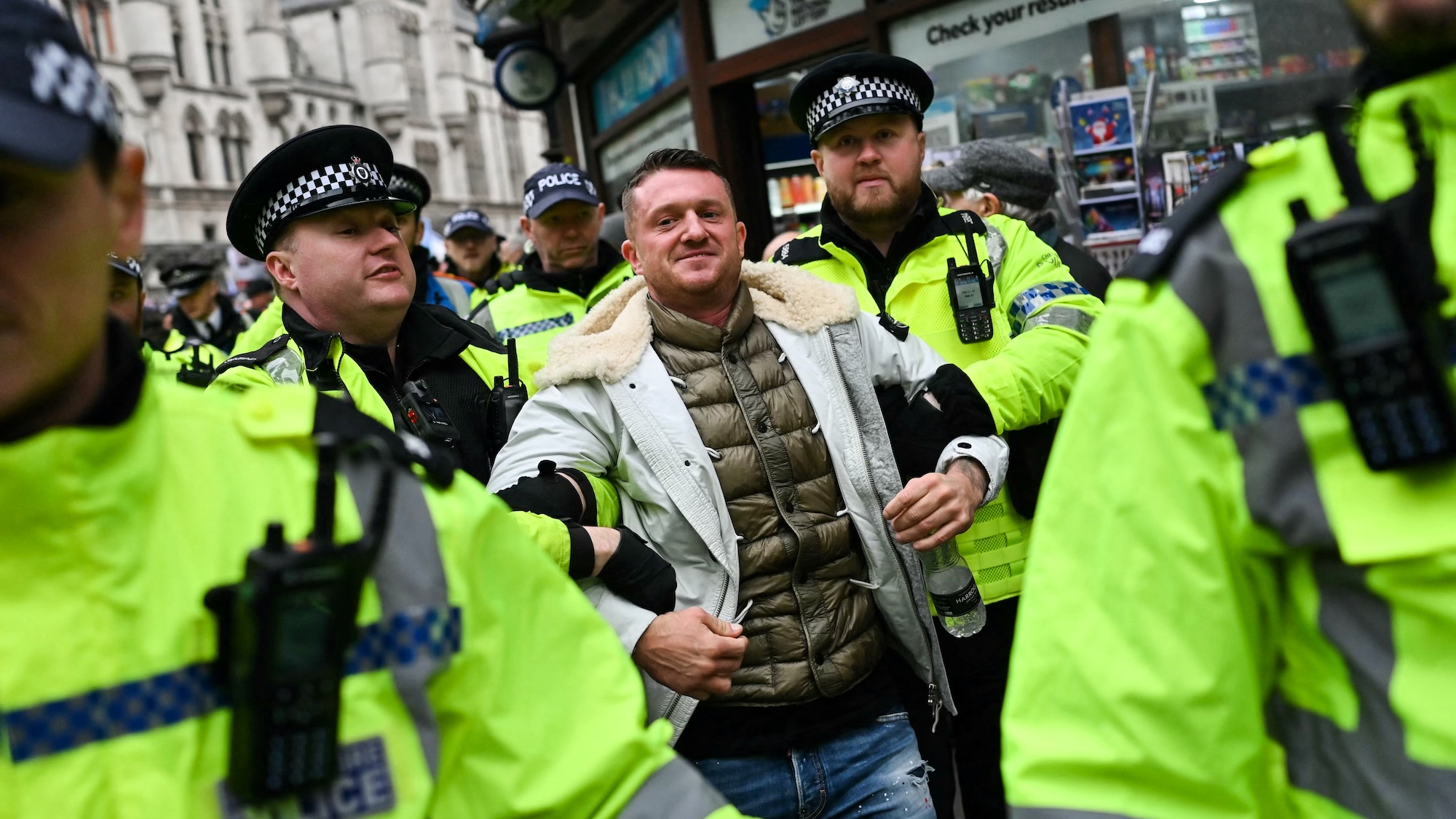 Tommy Robinson: a timeline of legal troubles
Tommy Robinson: a timeline of legal troublesThe Explainer Far-right leader has relied on donations from supporters to fight numerous court cases dating back 20 years
-
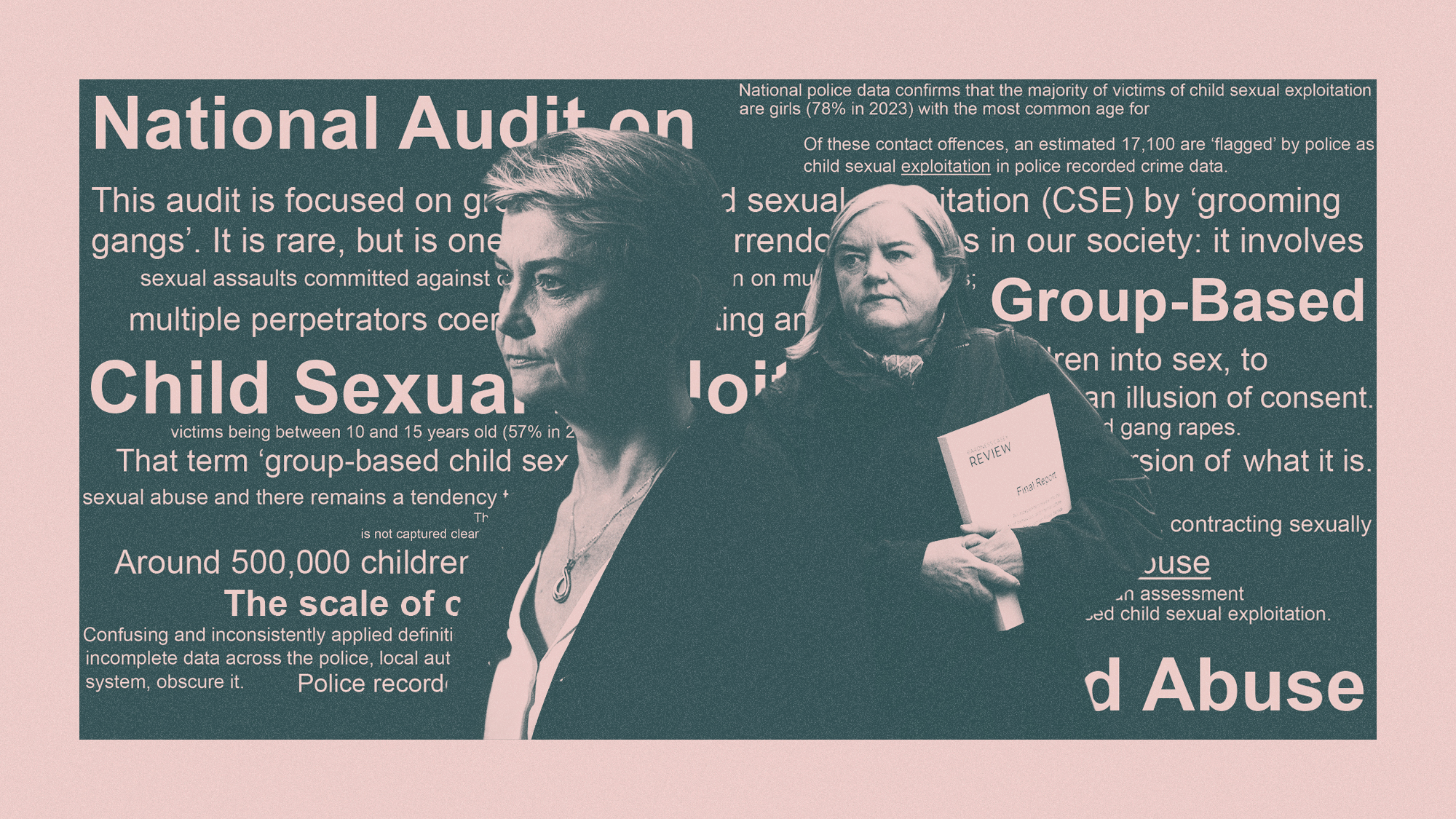 Will the new grooming gangs inquiry achieve anything?
Will the new grooming gangs inquiry achieve anything?Today's Big Question Critics point to a previous inquiry's still-unfulfilled list of recommendations
-
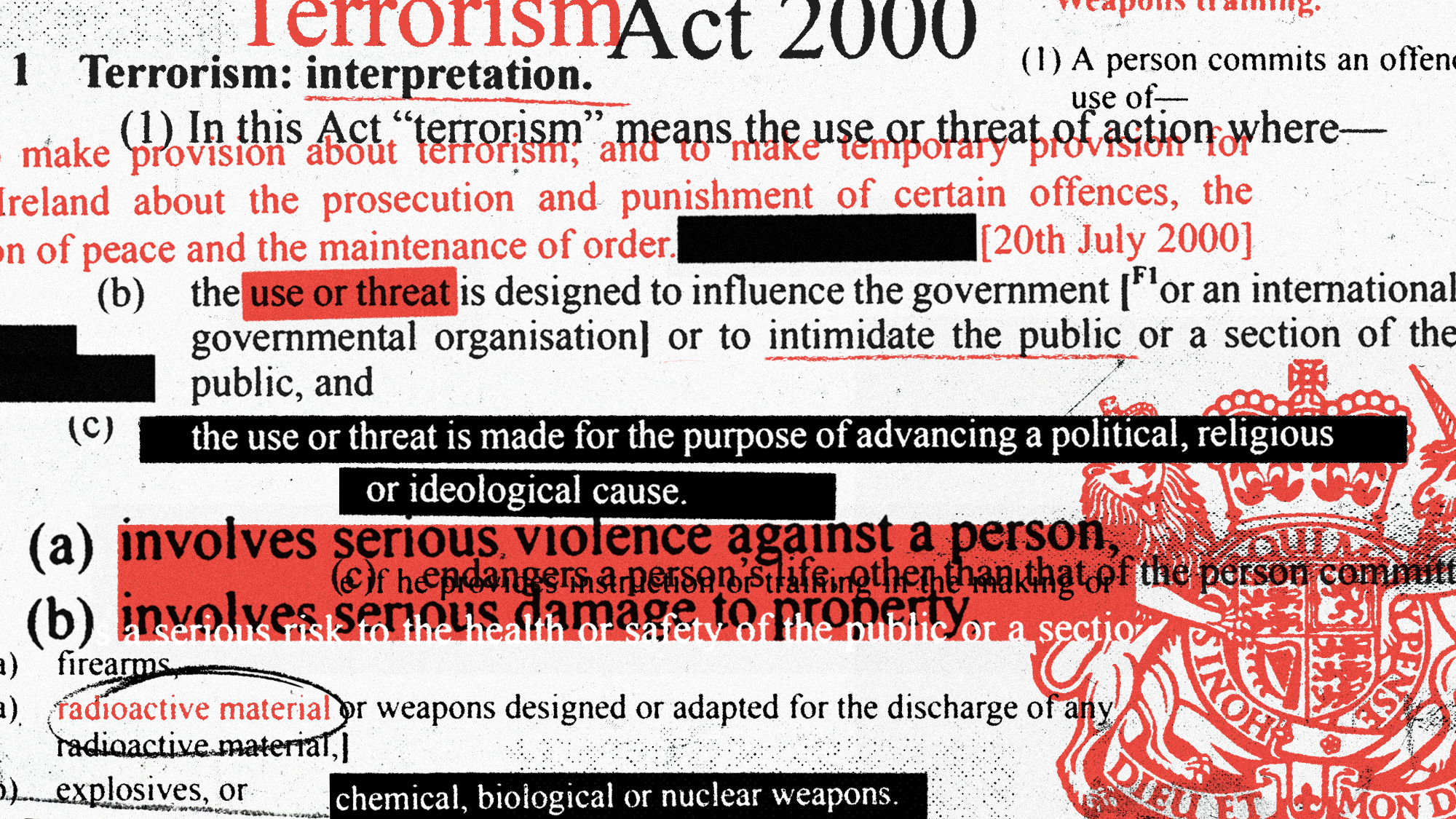 How should we define extremism and terrorism?
How should we define extremism and terrorism?Today's Big Question The government has faced calls to expand the definition of terrorism in the wake of Southport murders
-
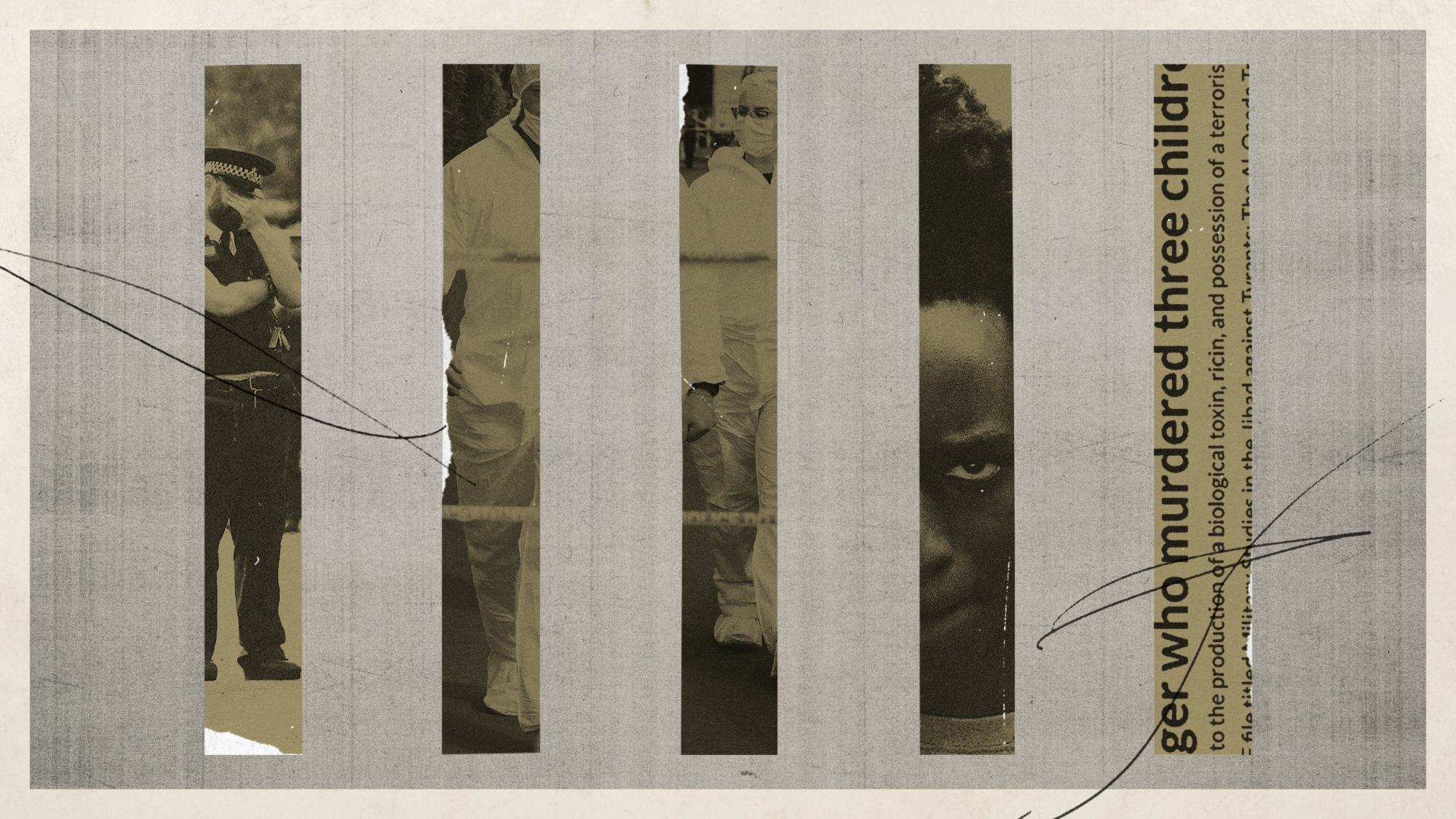 Axel Rudakubana: how much did the authorities know about Southport killer?
Axel Rudakubana: how much did the authorities know about Southport killer?Today's Big Question Nigel Farage accuses PM of a cover-up as release of new details raises 'very serious questions for the state about how it failed to intervene before tragedy struck'
-
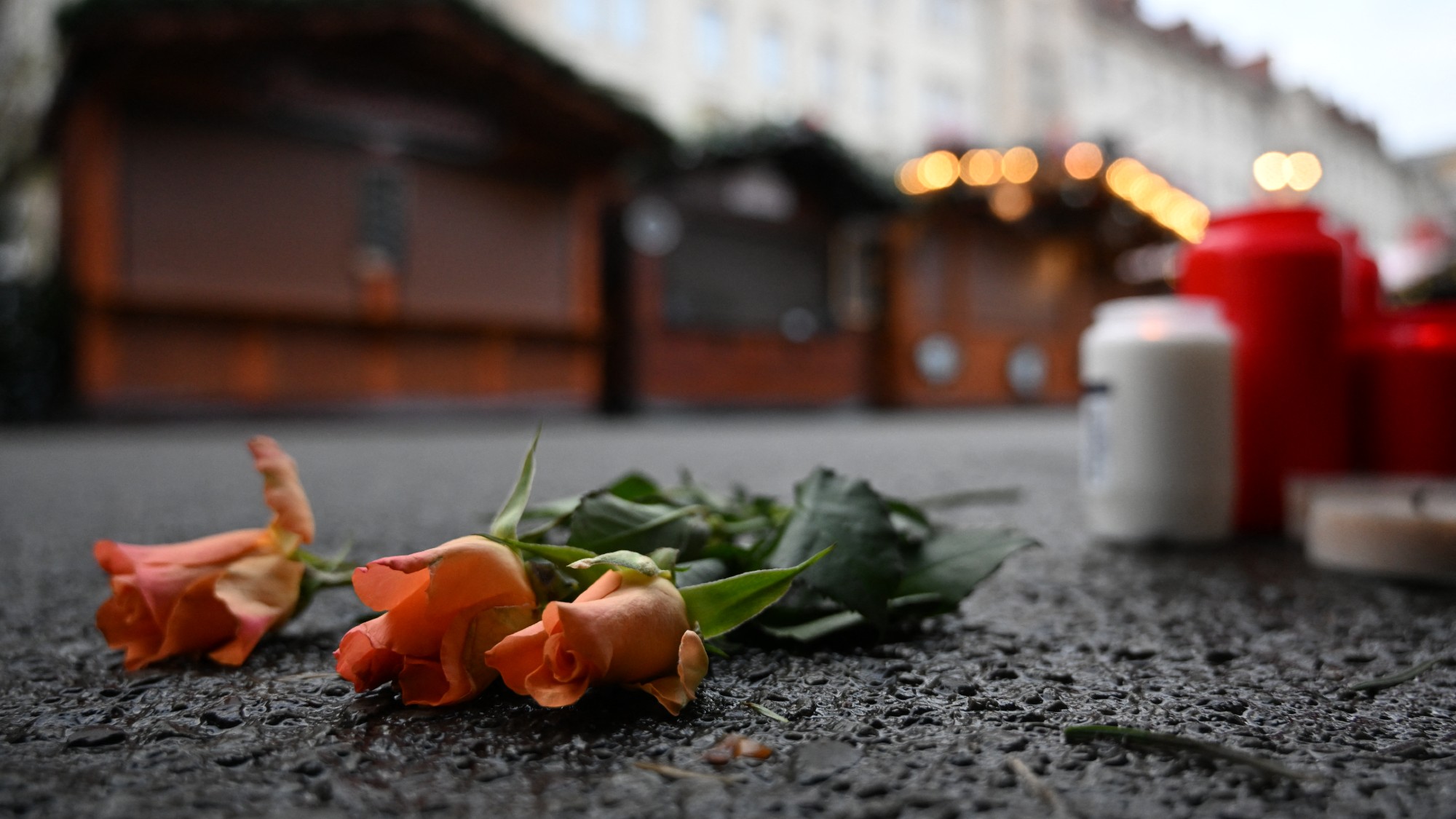 Terror on wheels: the history of vehicle-ramming attacks
Terror on wheels: the history of vehicle-ramming attacksThe Explainer Cars and lorries have now become 'the jihadist's weapon of choice' but they've been a mass-killing weapon for years
-
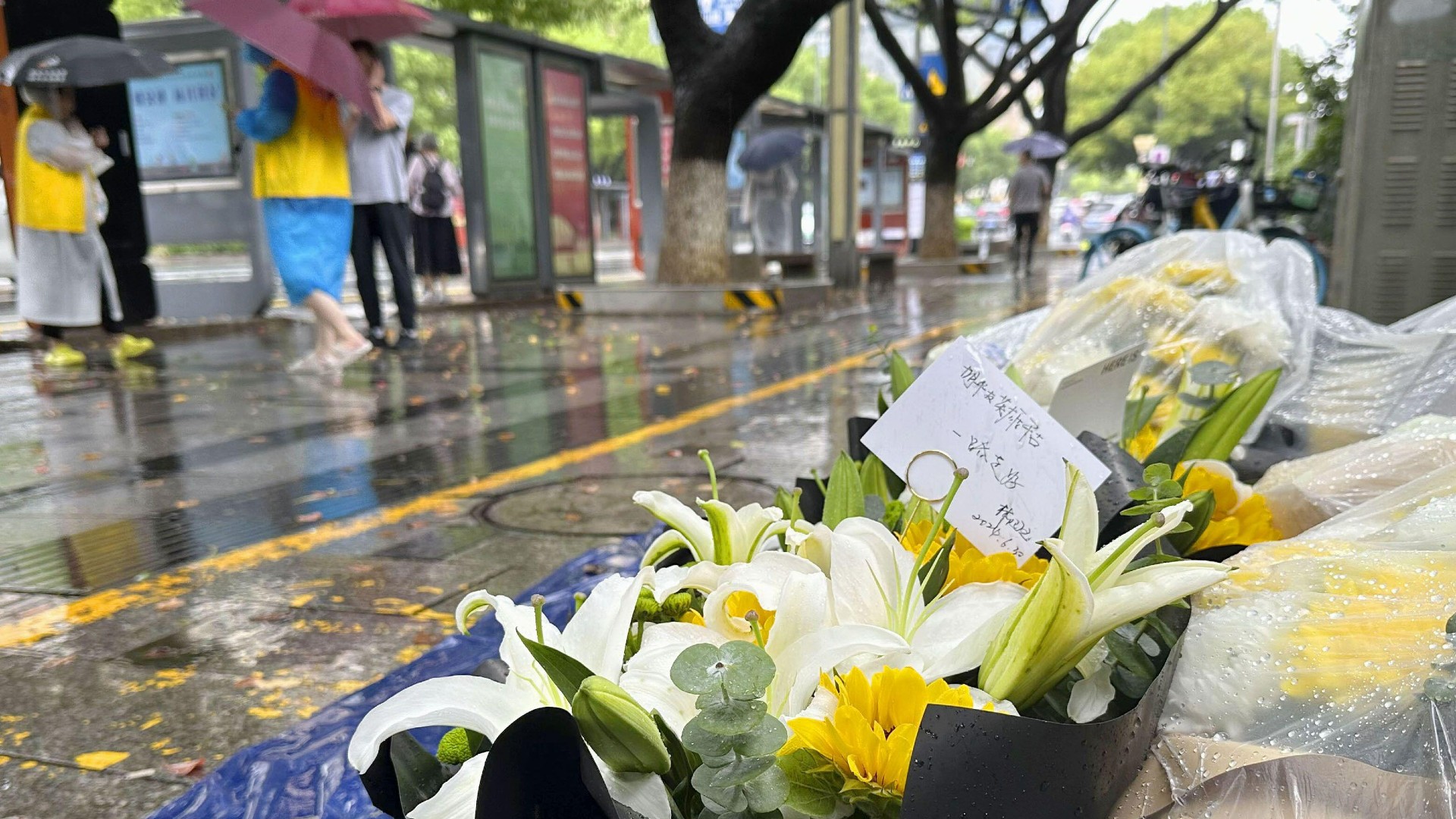 A bus stop tragedy and China's anti-Japanese rhetoric
A bus stop tragedy and China's anti-Japanese rhetoricTalking Point Suzhou attack described as the product of 'decades of hate education'
-
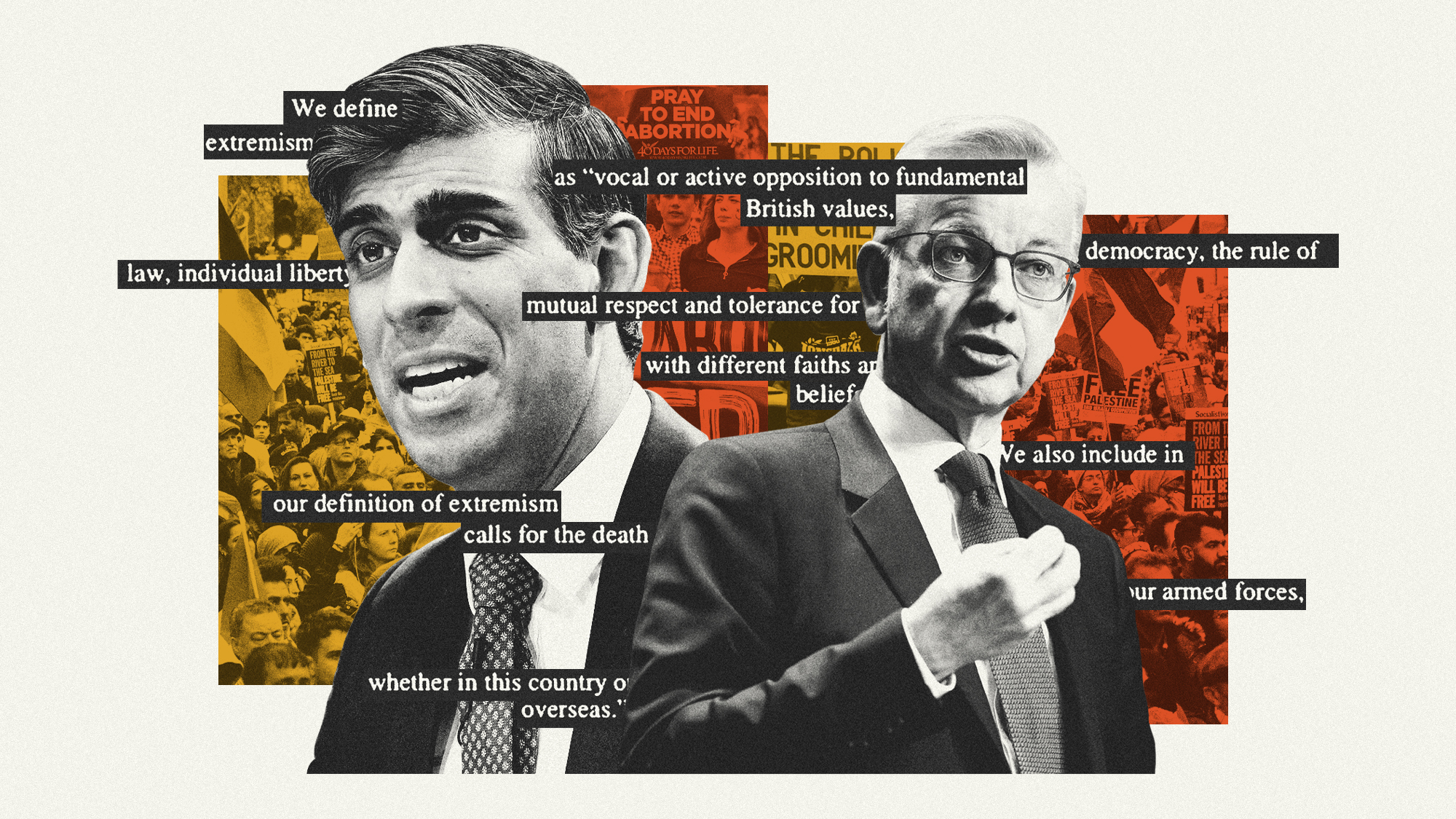 What is the new definition of extremism?
What is the new definition of extremism?Today's Big Question Michael Gove on a mission to 'push for more stringent measures to tackle extremism in the UK'
-
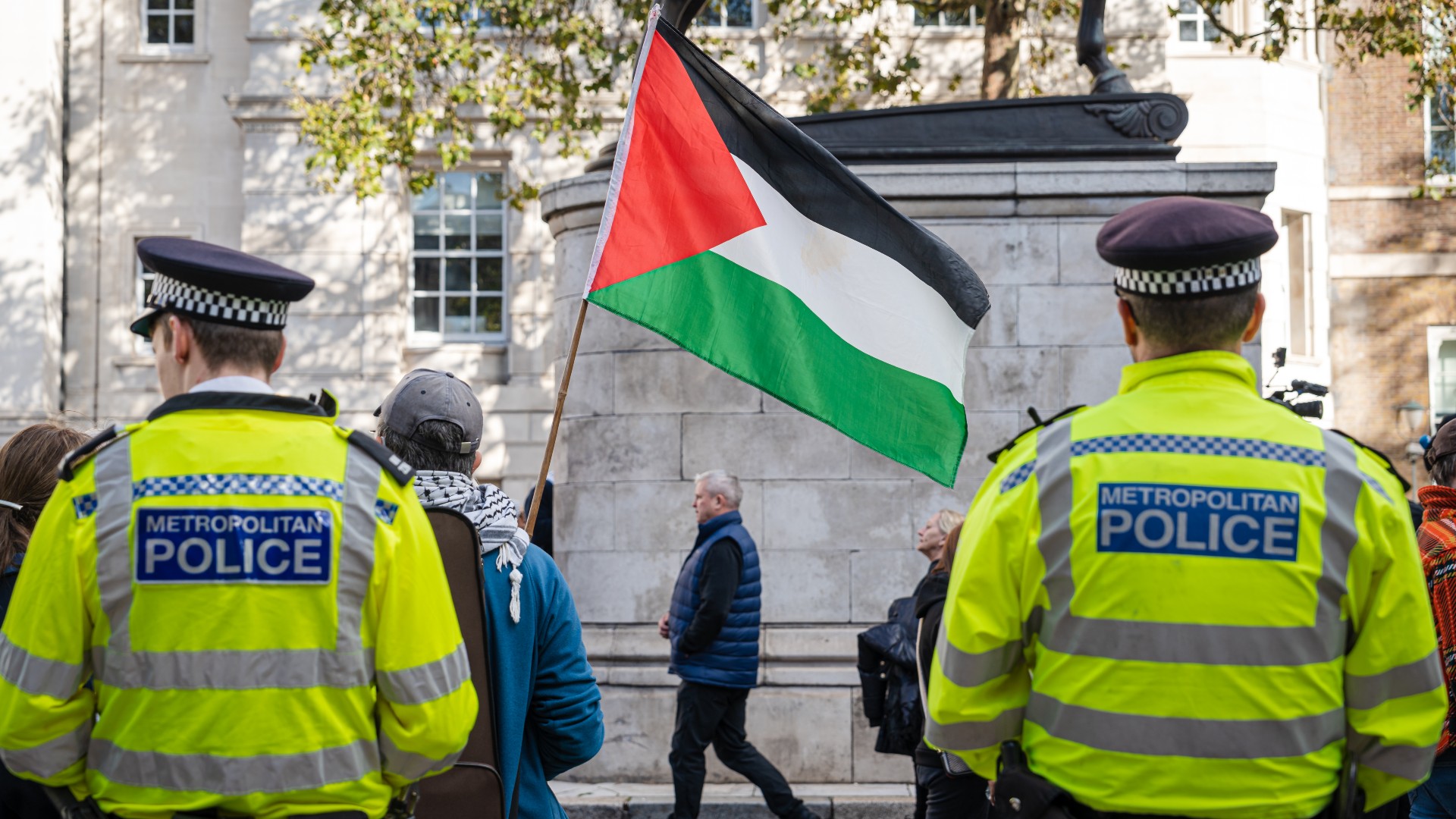 Protest politics: when should police intervene?
Protest politics: when should police intervene?Talking Point Calls for law change after shouts of 'jihad' on UK streets found not to be terrorism or public order offences